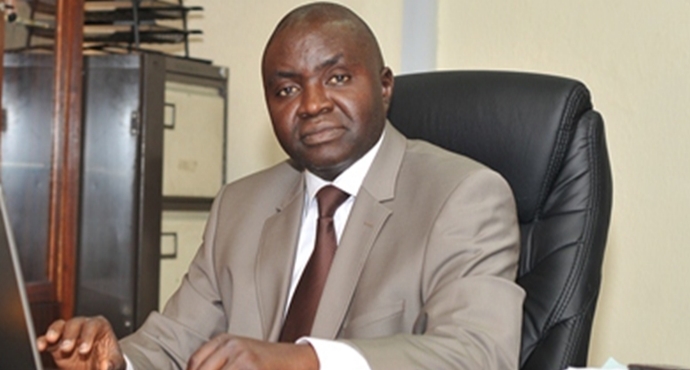The Centre for the Promotion of Private Enterprise (CPPE) has called on Nigeria to adopt concessionary financing instead of commercial borrowings.
Concessional financings are loans extended on terms substantially more generous than market loans. It is achieved either through low interest, grace periods or a combination. They typically have long grace periods.
This was stated on Monday by Muda Yusuf, chief executive officer of CPPE, said this while presenting the organisation’s 2022 first-quarter economic review in Lagos.
Yusuf advocated concessionary financing compared to commercial debts, which are “expensive”.
“The rising debt profile of government raises serious sustainability concerns. The Debt Management Office had reported that total public debt was N39.56 trillion as at December 2021. About 11.3 percent of this debt is owed by the states and FCT,” he said.
“However, when we take account of borrowings from the CBN and the stock of AMCON debt, the debt profile would be in excess of N50 trillion.
“Although government tends to argue that Nigeria does not have a debt problem, the country has a revenue challenge.”
He further said that debt would typically become a problem if the revenue base is not strong enough to service it sustainably.
“Government’s actual revenue could hardly cover the recurrent budget, which implies that the entire capital budget and part of recurrent budget are being funded from borrowing, which is not sustainable,” he added.
“We cannot continue to increase borrowing on account of the relatively low debt/GDP ratio.
“We do not service debt with GDP, but with revenue. Close to 40 percent of our GDP do not contribute appreciably to revenue.”
Yusuf said the government should have the political will to cut expenditure and undertake reforms to reduce governance costs and ease the fiscal burden.
“It is important to ensure that the debt is used strictly to fund capital projects, especially infrastructure projects, that would strengthen the productive capacity of the economy,” he said.
